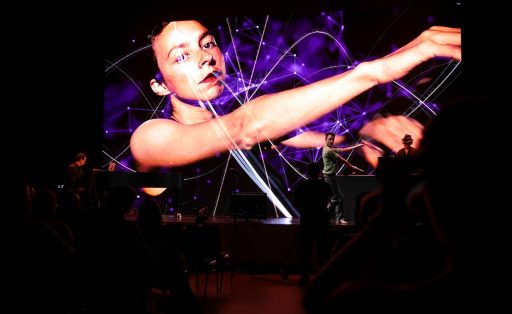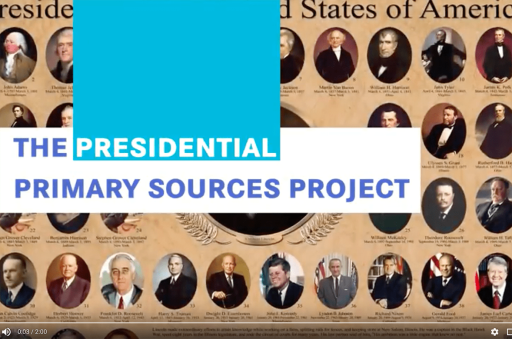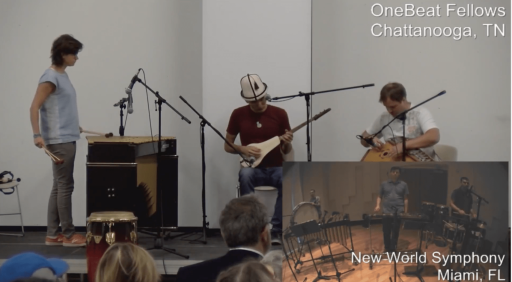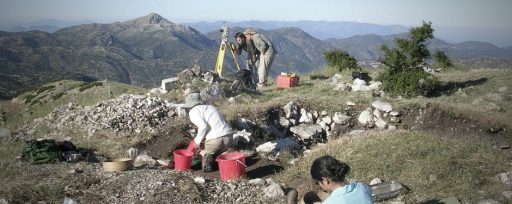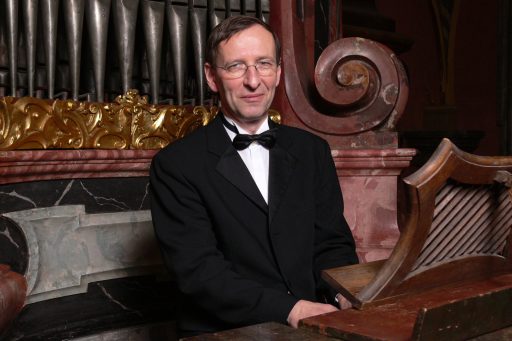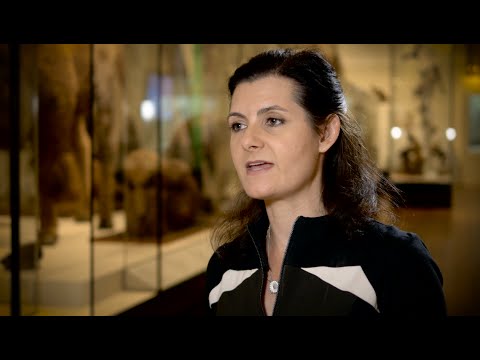The net:art project is harnessing the power of audio-visual transmission technologies for the performing arts. This is about enabling artists to interact with one another and their audiences, despite the distances that separate them.
The President of the United States of America is said to be the most powerful person in the world. To understand past presidencies, you want to get as close as possible to key presidential decisions. You need access to primary sources, and that is exactly what The Presidential Primary Sources Project is doing.
LOLA is an open source, low latency audio and video conferencing technology that enables real-time, simultaneous, live musical performances across long distances. LOLA is emerging as an opportunity for schools and libraries to leverage their advanced high speed connectivity to allow students to greatly expand their musical horizons.
A music and dance performance in Copenhagen included live feeds of musicians in London and dancers in Barcelona. Thanks to LOLA technology the synchronised effect was as if they were all physically present on the same stage.
Although approx. 2555 km apart, theatre students from The University of Tampere, Finland, and Coventry University, UK, are rehearsing Shakespeare together, sharing a “virtual learning theatre” made possible by powerful videoconferencing equipment and high-speed connectivity.
Answering questions about the origins of Greek culture and athletics are at the heart of the Mt. Lykaion Excavation and Survey Project in Arcadia, Greece. Collaborative efforts within the R&E networking community have helped make the lives of the many archeologists in the field easier by bringing high-speed internet to the site.
The Global Audition Training Programme aims to expand the skill set of student musicians, no matter where in the world they live, and prepare them for today’s multifaceted professional landscape.
Because of its sheer size, a pipe organ is bound to the location where it’s situated, making it very rare for organists to be able to play together. Until now. A magic moment occurred at theTNC16 research and education network conference in Prague: two organs more than 2000 km apart will play a concert together, thus creating a completely new musical experience.
Access to cloud services, such as high-performance computing and storage, that are impractical for the museum to house on site is significantly improving the analysis process and the way data is shared between Koala Genome Project partners, opening the door to new insights for conservation and protection.


